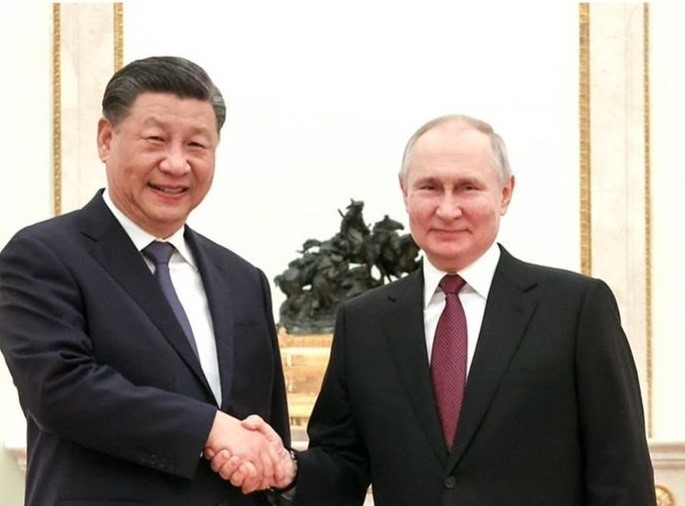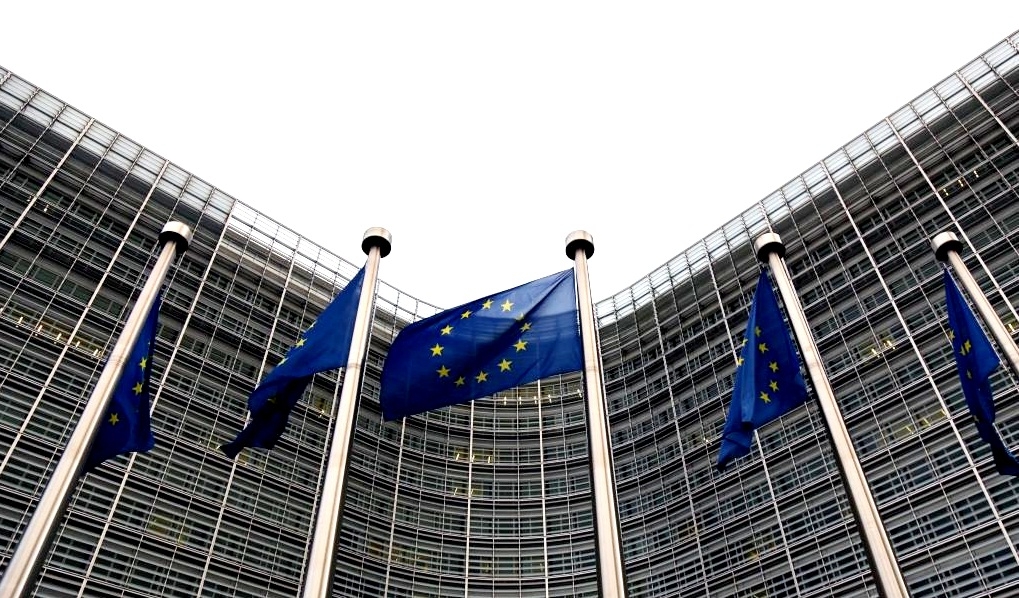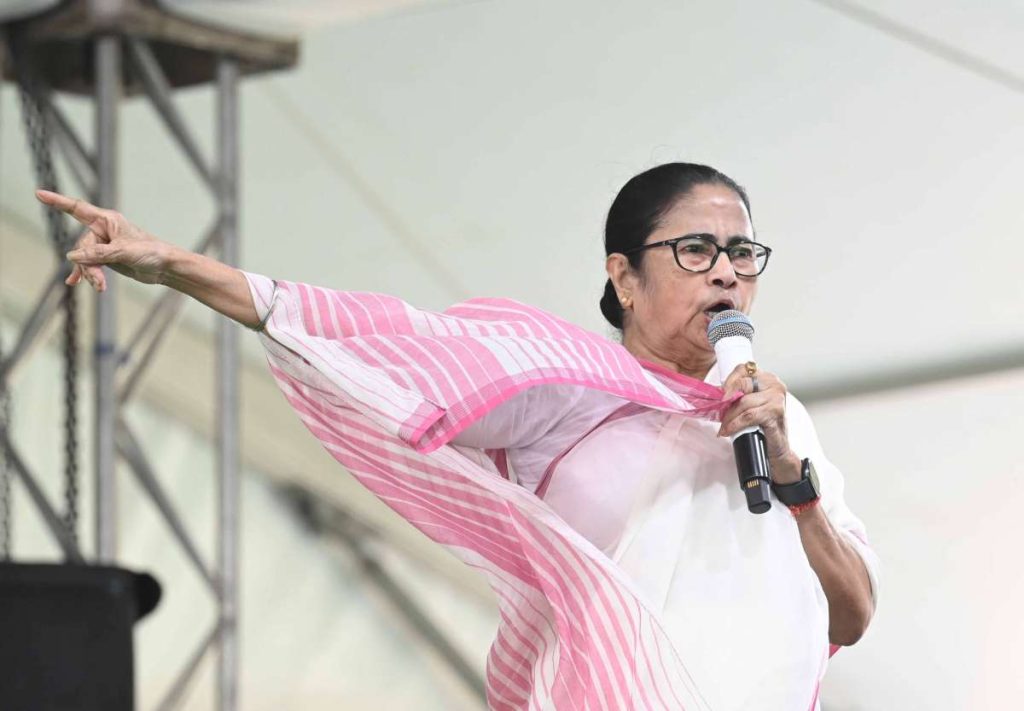Pyongyang, an economy almost entirely dependent on China, is believed by Western governments to be aiding Russia with war supplies…reports Asian Lite News
Russian President Vladimir Putin is expected to visit China on Thursday, marking his second visit in less than a year as the conflict escalates in Gaza and Ukraine.
Putin will arrive in China just over a week after entering a new term in office, extending his term until 2030.
His visit set to begin on May 16 and will conclude on May 17, according to Chinese state media, mirrors Xi’s own state visit to Moscow just over a year ago, where he marked the norm-shattering start of a new term as president – like Putin, after rewriting rules around how long leaders can serve.
Moreover, their meeting comes ahead of the US Presidential elections and as Washington faces international backlash over its support for Israel in its war with Gaza.
It will further provide a platform for the leaders to discuss how all this can advance their shared ambition to degrade and offer an alternative to American power.
Pyongyang, an economy almost entirely dependent on China, is believed by Western governments to be aiding Russia with war supplies.
Similarly, according to the US, Tehran is being bolstered economically by Russia and China and is a powerful player in the conflict in the Middle East.
Putin will arrive for the two-day state visit emboldened by the survival of his wartime economy and amid a major new offensive along key points of the front line in Ukraine.
However, for the Chinese leader, who has recently returned from a European tour, the visit is an opportunity to showcase that his allegiance to Putin has not broken his ability to engage with the West.
The US has been putting pressure on Beijing over its alleged support for Russia’s defence industry.
But the Chinese leader, as he hosts Putin this week, is seen to be boosting relationships to underscore a growing global split that could deepen divisions with the West, whose technology and investment, experts say, China needs, CNN reported.
“We live in a more dangerous world, authoritarian powers are increasingly aligned. Russia is receiving support for its war of aggression from China, Iran and North Korea,” NATO chief Jens Stoltenberg warned last month.
“This reminds us that security is not regional, security is global. And we must work with our like-minded partners around the world to preserve and protect transatlantic security.” (ANI)








